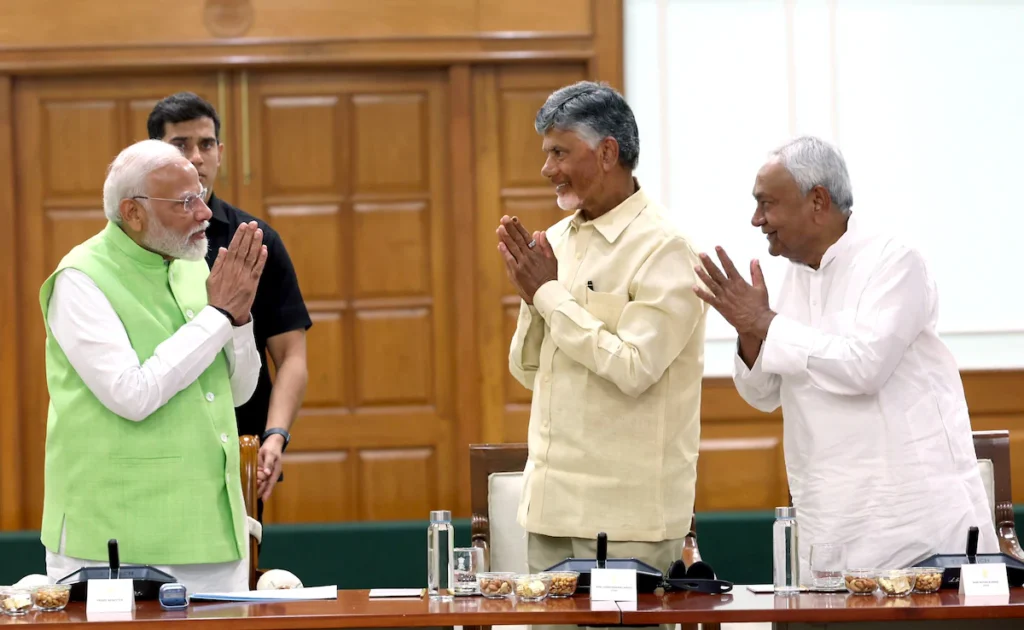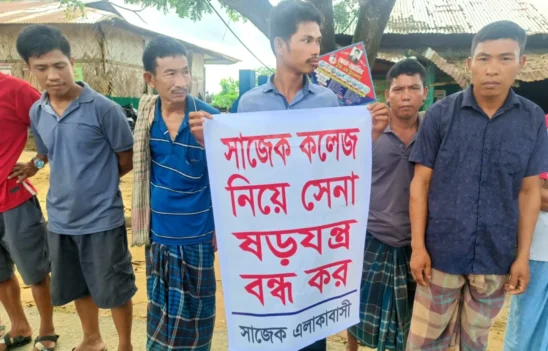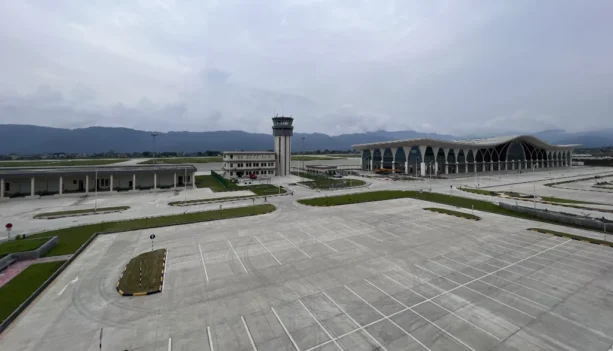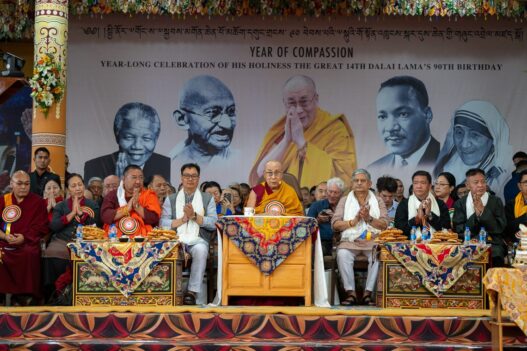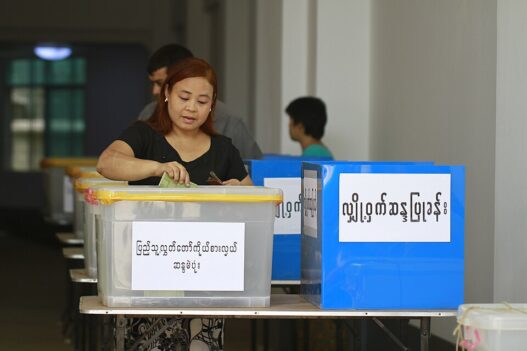The recent election results have confirmed the formation of a government for a third consecutive term under Prime Minister Narendra Modi, with the National Democratic Alliance (NDA) securing 292 seats. Although the Bharatiya Janata Party (BJP) did not achieve a standalone majority as in the previous term, the coalition has successfully crossed the majority mark. This development brings significant implications for the northeastern borderland states, where development, security, and connectivity remain pivotal concerns.
Continuity in Security and Foreign Policies
The re-election of the NDA suggests a continuation of existing policies, especially concerning national security and territorial sovereignty. It is anticipated that the government’s firm stance on guarding India’s borders with Myanmar and China will persist. This continuity is crucial given the volatile situation in Manipur, where the BJP lost both Lok Sabha seats amidst unprecedented violence over the past year. Addressing the situation in Manipur will require the new administration to focus on transborder security and the movement of people, which lie at the heart of the ongoing conflict.
Challenges and Opportunities in Infrastructure and Connectivity
Since its inception, the NDA has emphasized developing infrastructure and connectivity in the northeastern states as part of its broader strategy to integrate with Southeast Asia through Myanmar. However, the political turmoil in Myanmar has posed significant challenges, prompting the Indian government to reassess its plans and prioritize security measures. The spillover effects of the conflict have notably impacted Manipur and Mizoram, which have witnessed a substantial influx of refugees and deserters from the Myanmar military junta seeking refuge from the People’s Democratic Force (PDF).
Strategic Response to China
On the China front, the NDA has remained vigilant against Beijing’s persistent territorial incursions and attempts to rename regions in Arunachal Pradesh. The new administration is expected to maintain a robust stance against Chinese aggressions, a stance likely to be supported by coalition partners. The BJP’s electoral success in Arunachal Pradesh, securing both Lok Sabha seats, reinforces its commitment to developing this strategic Himalayan state. The re-election of Union Minister Kiren Rijiju from the Arunachal West seat underscores his significant role in driving development and security efforts in the region.
Electoral Outcomes and Leadership Dynamics
The election results across the northeastern states have been mixed. In Meghalaya, the defeat of two sitting MPs by relative newcomers indicates a shift towards electing individuals who promise effective leadership over party allegiance. This change reflects the electorate’s desire for representatives who can deliver on their promises and drive development initiatives.
Focus on Sustainable Development
The focus of the newly elected MPs is likely to be on their respective states while contributing to the overall development of the northeastern region. The region must enhance its resource base and production capacity to boost employment and attract environmentally friendly investments. Instead of relying solely on extractive industries like coal and minerals, the Northeast requires a strategic emphasis on controlled tourism, skills development, technology, medical sciences, and the establishment of higher education institutions.
Notable Victories
Key political figures have emerged victorious, such as Kiren Rijiju in Arunachal Pradesh, whose re-election signals stability and experienced leadership in the region. His consistent victories since 2004 highlight his commitment and tenacity, which are crucial for the region’s development. Additionally, the mixed electoral outcomes in states like Meghalaya reflect a nuanced political landscape, with a blend of seasoned politicians and new entrants shaping the future direction.
Congress candidate Gaurav Gogoi win in the Jorhat Lok Sabha seat in Assam, defeating BJP’s Topon Gogoi by 1,44,393 votes is significant. This was Gaurav Gogoi’s first contest in Jorhat, a shift from his family’s stronghold in Kaliabor, which was redrawn and renamed Kaziranga in last year’s delimitation. The contest became a prestige battle between Gaurav and sitting MP Topon Gogoi, also a former MLA of Sonari, one of the Assembly segments of the parliamentary seat.
Jorhat’s significance extends beyond just one seat. It symbolises the broader political currents at play in Assam. The fact that Congress managed to secure this victory, despite the BJP’s overwhelming dominance, indicates that there is still room for opposition voices and alternative political narratives in the state to claim political ground.
Looking Ahead
The NDA’s third term under Prime Minister Modi presents an opportunity to build on existing policies while addressing emerging challenges in the northeastern borderlands. Ensuring the region’s integration with the rest of India and fostering a sense of national unity will require sustained efforts in infrastructure development, security enhancement, and economic growth. By focusing on these areas, the new government can fulfill the aspirations of the northeastern populace and transform the region into a thriving part of India’s national fabric.
While the report highlights the major issues and electoral outcomes, several areas warrant further attention. For instance, the specific infrastructure projects in the pipeline, the detailed impact of transborder movements on local communities, and the long-term strategies for mitigating refugee crises remain underexplored. Additionally, the role of local governments and grassroots organizations in facilitating development and maintaining security is crucial and should be incorporated into future discussions.
In conclusion, the new NDA government faces the dual challenge of maintaining continuity in its security policies while adapting to the evolving political and social dynamics in the northeastern states. With strategic focus and robust leadership, the region can achieve significant progress and contribute to India’s overall growth and stability.

